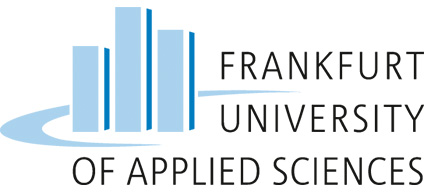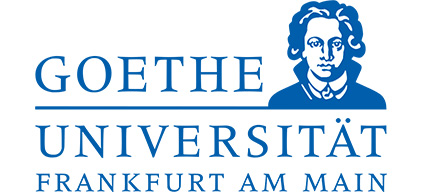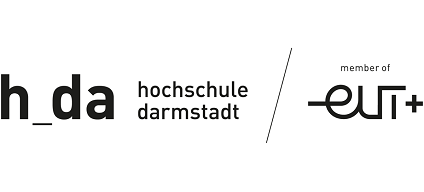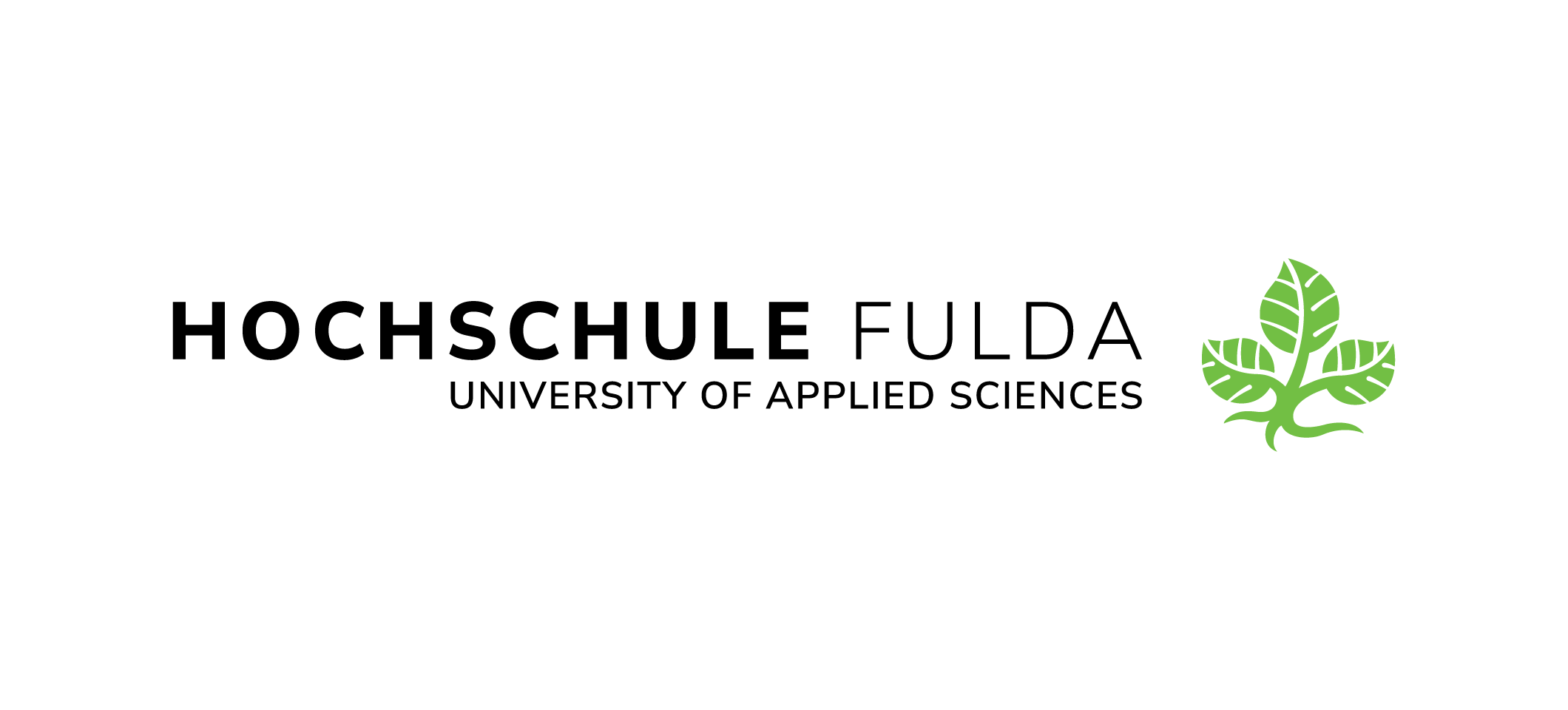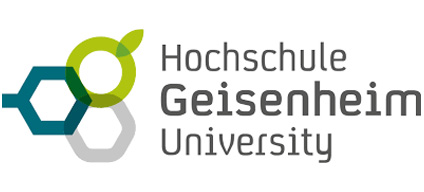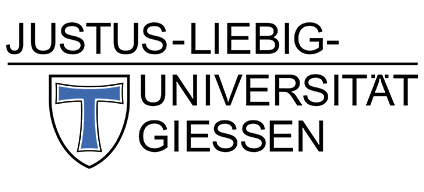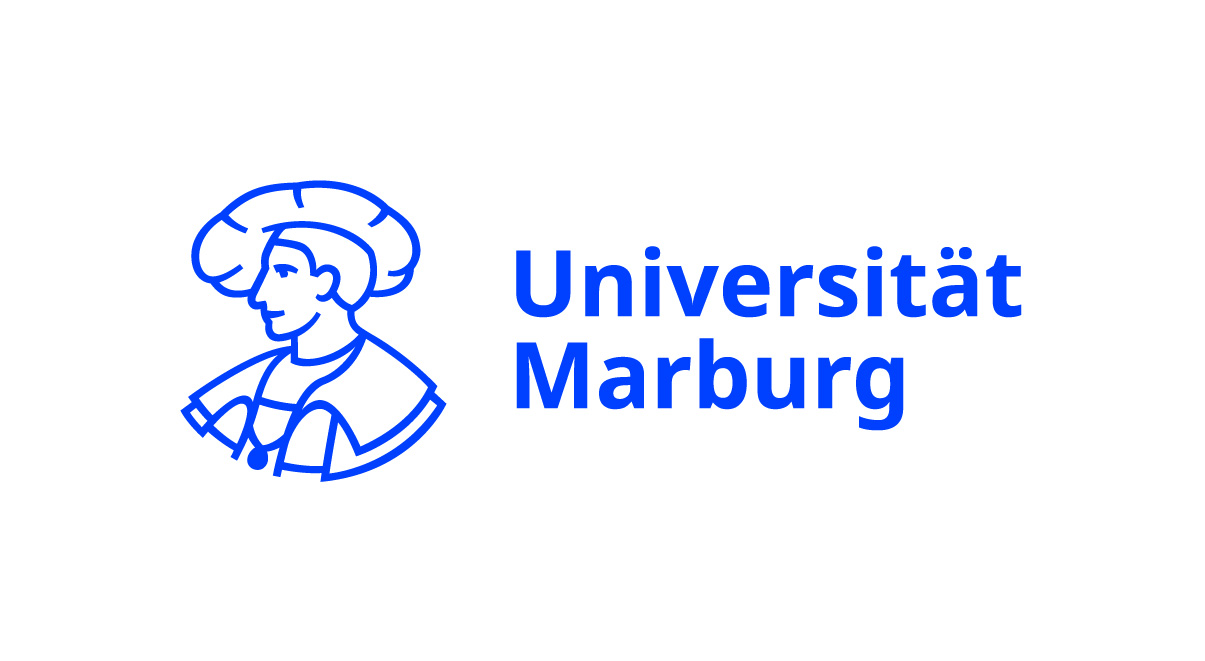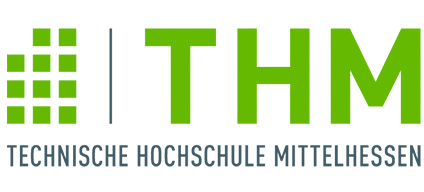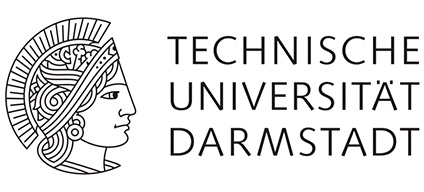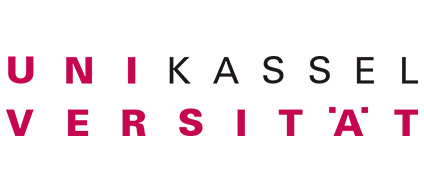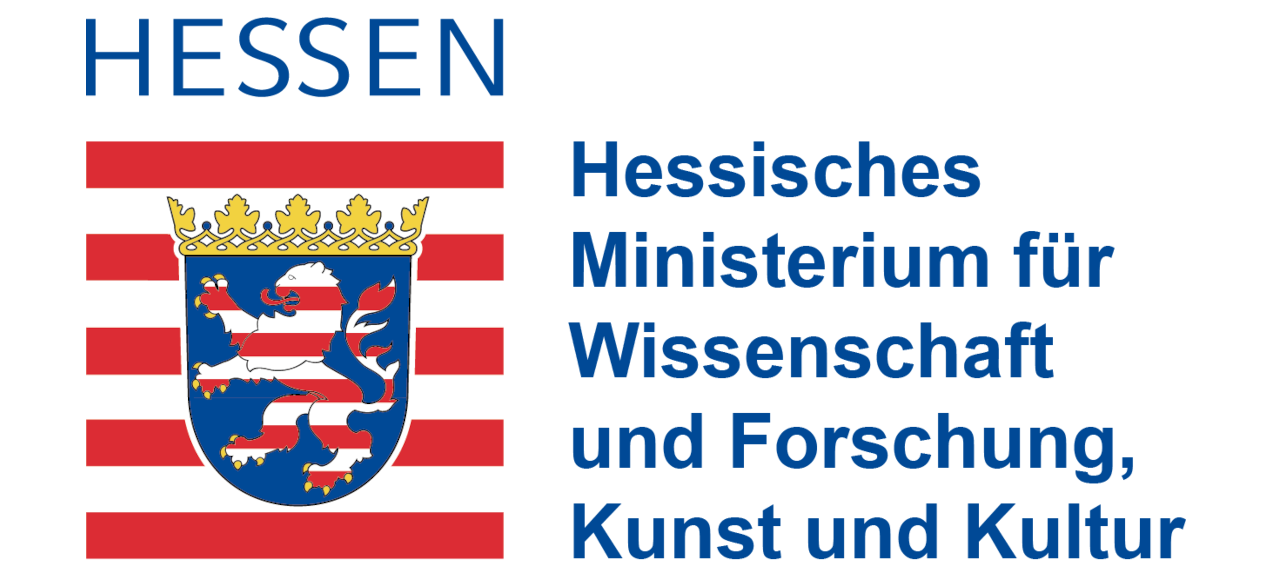29.11.2024 HeFDI Data Infosnacks - Love Data Week 2025
Make the most of your lunch break during Love Data Week 2025 with our short online sessions on research data and code management. The Data Infosnacks are free of charge and take place online.

International Love Data Week 10-13 February - HeFDI Data Infosnacks
At "Love Data Week 2025", we will be offering HeFDI Data Infosnacks during the lunch break. In these short, 15-20 minute online information sessions we provide you with information about our offers and services around research data and code management. Of course, we will be happy to take your questions. Our Infosnacks are for free and fully virtual.
Love Data Week is an international celebration of data, taking place every year during the week of Valentine's day.
Download the calendar files (.ics) here.
Access
No registration needed - just enter our HeFDI Data Infosnacks in this Webroom (Big Blue Button).
Programme
Here you can find the presentation slides (published on an ongoing basis).
| Date | Info-Snack I 12h00-12h30 | Info-Snack II 12h30-13h00 | open exchange 13h00-14h00 |
|
Mon 10th Feb Chair: Dr. Björn Trebels, Technische Hochschule Mittelhessen |
Research Data Management requirements of DFG-& BMBF (DE) Dr. Ortrun Brand, Philipps-University Marburg & Dr. Judith Dähne, Hochschule Rhein-Main |
What Does a Data Steward Actually Do? (DE) Dr. Beate La Sala, Goethe Universität Frankfurt & Katharina Koch, Hochschule Bochum & Stephanie Werner, Hochschule Darmstadt |
Room 1: Your questions on RDM-requirements of research funders Room 2: Data Stewards Networking |
|
Tue 11th Feb Chair: Hüseyin Uzun, Goethe-University Frankfurt |
Version control with Git and GitLab (EN) Tobias Ortwein, Philipps-University |
Tim Budras, Philipps-University |
|
|
Wed12th Feb Chair: Dr. Sabrina Jordan, Universitätsbibliothek Kassel |
Archiving and publishing research data: TUdatalib and the HeFDI repositories (EN) Dr. Andreas Geißner, TU Darmstadt |
noScribe - automated transcription: secure, free, and open source (DE) Dr. Kai Dröge, Hochschule Luzern / Institut für Sozialforschung der Goethe-Universität Frankfurt |
|
|
Thu 13th Feb Chair: Dr. Esther Krähwinkel, Philipps-University Marburg |
Open Refine: A gateway to efficient data management and quality improvement (DE) Hanna-Lena Meiners, Deutsches Dokumentationszentrum für Kunstgeschichte - Bildarchiv Foto Marburg |
HERMES - Education and Training Programmes for data-driven research (DE) Dr. Ksenia Stanicka-Brzezicka, Philipps-University & M.A. Corinna Berg, Philipps-University |
Descriptions
Research Data Management requirements of DFG-& BMBF (DE)
Dr. Ortrun Brand, Philipps-University Marburg & Dr. Judith Dähne, Hochschule Rhein-Main
When you write a funding proposal today, you have to elaborate on research data management. The DFG as well as the BMBF now expects you to describe and plan how you will handle research data - tailored to your specific project. The management of data can also be in focus, especially during the review and inspection process.
But what do I need to consider? What questions need to be answered regarding data management - and who can I ask for support? And how much funding might be acquired especially for data management? What is specific not only for the DFG checklist, but also with regard to the BMBF requirements?
In our Infosnack, we will give a brief overview of the DFG and BMBF requirements and what aspects to consider when composing your proposal.
The presentation slides are available on Zenodo here.
What Does a Data Steward Actually Do? (DE)
Dr. Beate La Sala, Goethe Universität Frankfurt & Katharina Koch, Hochschule Bochum & Stephanie Werner, Hochschule Darmstadt
Data Stewards are indispensable partners for researchers when it comes to managing research data. In this InfoSnack, you will learn more about the diverse responsibilities of Data Stewards, their roles in the research process, and their contribution to the sustainable handling of research data. Perfect for anyone looking to gain insights into this fascinating profession and its significance for the scientific community.
The presentation slides are available on Zenodo here.
Version control with Git and GitLab (EN)
Tobias Ortwein, Philipps-University
Version control, data storage, collaboration, documentation and project management - an overview on the possibilities of Git and GitLab.
The presentation slides are available on Zenodo here.
Jupyter (EN)
Tim Budras, Philipps-University
Interactive computing, data processing and programming for beginners and experts. Jupyter is a versatile tool and provides a low threshold entry to the world of coding.
The presentation slides are available on Zenodo here.
Archiving and publishing research data: TUdatalib and the HeFDI repositories (EN)
Dr. Andreas Geißner, TU Darmstadt
Research data repositories are data infrastructures that allow for archiving and publication research data alongside descriptive metadata. This talk will introduce data repositories in general and the repositories from the context of the hessian HeFDI state initiative in particular. A special focus will be on TUdatalib, the institutional research data repository of TU Darmstadt.
The presentation slides are available on Zenodo here.
noScribe - automated transcription: secure, free, and open source (DE)
Dr. Kai Dröge / Institut für Sozialforschung der Goethe-Universität Frankfurt
Transcribing interview recordings is a necessary but tedious step in many qualitative research projects. AI-supported speech recognition promised to facilitate this, but was often expensive and/or questionable in terms of data protection.
This changed when OpenAI, the company behind ChatGPT, published an open-source AI model for speech recognition that is one of the best currently available in the field. It is free and, above all, can run locally on your own computer. Sensitive audio recordings must no longer be uploaded to the cloud.
My software "noScribe", also available free and open source, is based on this AI model and specifically tailored to the transcription of qualitative interviews . In the workshop, I will demonstrate this software and discuss possibilities and limitations of AI-supported transcriptions in qualitative social research.
The presentation slides are available on Zenodo here.
Open Refine: A gateway to efficient data management and quality improvement (DE)
Hanna-Lena Meiners, Deutsches Dokumentationszentrum für Kunstgeschichte - Bildarchiv Foto Marburg
Learn how you can manage your data more efficiently and significantly improve its quality with OpenRefine, a powerful, freely available data processing tool. Get an overview of core functions and options for expansion and customization. OpenRefine is relevant for anyone who deals with large amounts of unstructured data in their daily work and is looking for effective solutions to increase data quality and optimize workflows.
The presentation slides are available on Zenodo here.
HERMES - Education and Training Programmes for data-driven research (DE)
Dr. Ksenia Stanicka-Brzezicka, Philipps-University & M.A. Corinna Berg, Philipps-University
The presentation introduces the HERMES project. The project addresses the growing demand for data literacy in humanities research and education, as well as in GLAM Institutions (Galleries, Libraries, Archives, and Museums). HERMES establishes both virtual and physical spaces for learning, research, and networking to teach, advance, and critically explore data competencies in the humanities
Contact
HeFDI Coordination Team
Tel.: 06421-28-24310
Mail: hefdi@uni-marburg.de
HeFDI-Geschäftsstelle
an der Philipps-Universität Marburg
Biegenstr. 36
35032 Marburg
